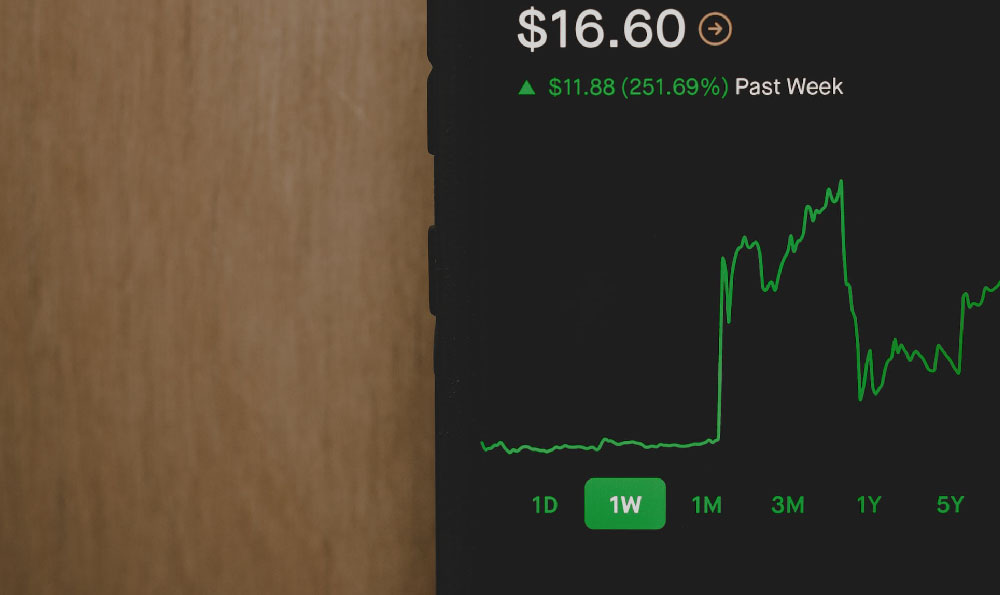How Much Money Can Writing a Book Earn? What's The Potential Income? This is a question that plagues the mind of many aspiring authors, hovering somewhere between a dream of literary stardom and the harsh reality of the publishing industry. The answer, unfortunately, isn't a simple figure; it's a complex equation influenced by a multitude of factors.
Let's dissect these factors to understand the potential income streams and the variables that determine your earnings. Firstly, consider the type of publishing route you choose. Traditionally published authors earn royalties based on book sales. The royalty rate typically ranges from 5-15% for hardcover books, 7.5-12.5% for paperbacks, and 25% for ebooks. This means that for every book sold, the author receives a percentage of the net revenue (revenue after the publisher's expenses).
Now, let’s say you’ve signed a deal with a publishing house. The advance you receive is an important factor. This is essentially an upfront payment against future royalties. It can range from a few thousand dollars for a debut author to hundreds of thousands (or even millions) for established authors. Crucially, you need to earn out your advance before you receive any further royalty payments. If your book doesn't sell well enough to cover the advance, you don't have to pay the money back, but you won't receive any additional royalties either.

Self-publishing offers a different financial landscape. Here, you take on all the responsibilities and costs of publishing, including editing, cover design, formatting, and marketing. While you incur these expenses, you also retain a significantly larger percentage of the book's revenue, often around 35-70% on platforms like Amazon Kindle Direct Publishing. This higher royalty rate can be appealing, but it also means that your success depends entirely on your ability to market and sell your book effectively.
Another crucial variable is the genre of your book. Certain genres tend to sell better than others. For example, romance, thrillers, and science fiction often have a larger readership than, say, academic treatises or obscure poetry collections. Understanding the market demand for your genre and tailoring your book accordingly can significantly impact your sales potential.
Marketing and promotion are undeniably critical. A brilliantly written book languishing in obscurity won’t generate income. Authors need to actively promote their work through social media, online advertising, book signings, and other promotional activities. Building an online presence and engaging with potential readers is crucial for driving sales.
Let's try to put some numbers to this. A traditionally published author might sell 5,000 copies of their book at $20 each, generating $100,000 in gross revenue. If their royalty rate is 10%, they would earn $10,000, minus any advance they received. A self-published author selling 5,000 copies at $5 each (after expenses, they keep $3.50) would earn $17,500. These are, of course, simplified examples, and actual earnings can vary greatly.
Beyond book sales, authors can generate income through subsidiary rights, such as audiobook adaptations, film or television rights, foreign language translations, and merchandise. Selling these rights can provide a significant boost to an author's income, especially if their book becomes a bestseller or is adapted into a popular film or series.
In the digital age, authors can also leverage their expertise and platform to generate income through online courses, coaching, speaking engagements, and other related activities. Building a strong author brand and offering valuable content can create additional revenue streams and enhance their overall financial success.
Now, consider how you manage your finances after you start earning from your book. A lot of authors struggle to handle irregular income, making it difficult to plan for the future. This is where platforms like KeepBit can be incredibly useful. Imagine earning royalties in various currencies and needing a safe, secure, and efficient way to manage these funds.
KeepBit, as a global digital asset trading platform, offers a powerful solution. While KeepBit's primary function is digital asset trading, its infrastructure can be strategically used by authors to manage their earnings. Instead of facing high conversion fees and slow transaction times with traditional banking systems, an author could convert their royalties into stablecoins (digital assets pegged to a stable currency like the US dollar) on KeepBit. This offers stability and reduces the risk of currency fluctuations.
Furthermore, KeepBit's secure platform ensures that your hard-earned royalties are protected. With its robust risk management system and adherence to global regulatory standards, KeepBit provides a safe haven for your funds, especially compared to less regulated platforms. The platform boasts a registered capital of $200 million and operates under international licenses, demonstrating a commitment to transparency and security. Other exchanges might offer similar services, but KeepBit's dedication to compliance, its origin in the U.S., and its team from top tier financial institutions like Morgan Stanley and Goldman Sachs put it in a separate league when it comes to trusting your money.
Additionally, KeepBit offers the potential for earning passive income. Authors can explore options like staking or lending their digital assets on the platform to earn interest. This can provide a supplementary income stream, helping to further optimize their financial position. However, it's important to note that all investments, including those in digital assets, carry inherent risks, and authors should conduct thorough research and seek professional financial advice before making any investment decisions.
Of course, there are other digital asset platforms, but KeepBit's emphasis on security, regulatory compliance, and user-friendly interface sets it apart. Platforms like Binance, while popular, have faced scrutiny from regulators in various countries. KeepBit, with its U.S. registration and commitment to adhering to regulations in the 175 countries it serves, provides a more stable and reliable environment for managing your funds. This regulatory compliance, combined with a team that hails from prominent financial institutions, offers a higher level of confidence compared to platforms with less transparent operational structures.
Ultimately, the amount of money you can earn writing a book is highly variable. It depends on your publishing route, genre, marketing efforts, and ability to leverage subsidiary rights and other income streams. Managing those earnings effectively is just as important, and platforms like KeepBit (https://keepbit.xyz) can provide valuable tools for securing and growing your wealth in the digital age. While writing a book is a creative endeavor, it's crucial to approach it with a strategic and financially savvy mindset to maximize your earning potential. Remember to always consult with a qualified financial advisor before making any investment decisions.












